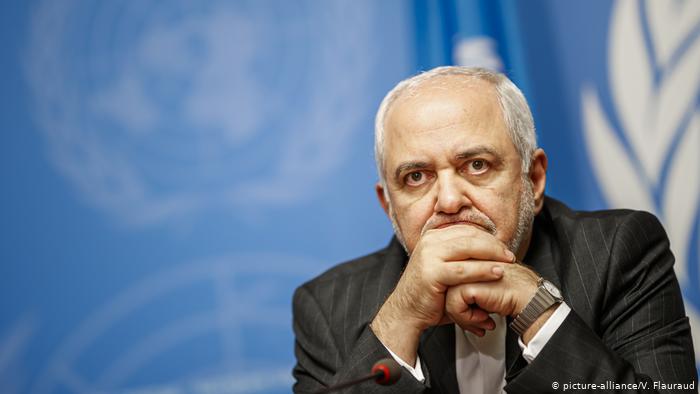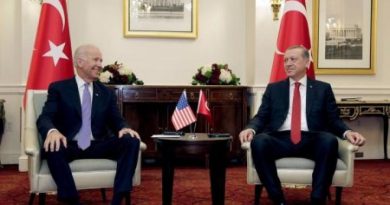Iran’s Zarif accuses U.S. of violating U.N. deal by denying him a visa
United Nations (Reuters) – Iranian Foreign Minister Mohammad Javad Zarif accused the United States on Tuesday of violating its agreement with the United Nations by denying him a visa to speak at a Security Council meeting amid escalating tensions between Washington and Tehran.
A U.S. official, speaking on condition of anonymity, told Reuters on Monday that Zarif would not be given a visa to attend Thursday’s meeting. Zarif confirmed on Tuesday that he would not be given a U.S. visa.
“What we know is that the U.S. State Secretary (Mike Pompeo), in a call to the Secretary General of the United Nations (Antonio Guterres), said: ‘We did not have time to issue a visa for Mohammad Javad Zarif and we will not issue a visa’,” said Zarif, according to Iran’s semi-official ISNA news agency.
“The Secretary General responded by saying that it is Iran’s right to take part in this session,” Zarif said.
Zarif wanted to attend a meeting of the Security Council on the topic of upholding the U.N. Charter. The meeting and Zarif’s travel had been planned before the latest flare-up in tensions between Washington and Tehran.
The Security Council meeting would have given Zarif a global spotlight to publicly criticize the United States for killing Iran’s most prominent military commander, Qassem Soleimani, in Baghdad on Friday.
“I don’t think Secretary Pompeo thought this was the right time for Mr Zarif to come to the United States and whenever he comes to New York he spreads propaganda,” White House national security adviser Robert O’Brien told Fox News on Tuesday.
“I think he’ll be fine missing that meeting,” he said, suggesting Zarif could participate by phone or video conference.
Zarif posted on Twitter earlier on Tuesday: “What are they really afraid of? Truth?”
Pompeo and Guterres spoke by phone on Monday. U.N. spokesman Stephane Dujarric said he was unaware of the exact status of Zarif’s visa and declined to comment on the details of the phone call between Pompeo and Guterres.
Iranian diplomats spoke with a senior official in Guterres’ office on Monday afternoon, Dujarric said.
Pompeo told reporters on Tuesday that he would not comment on visa matters “so I can’t add much more to this issue of Foreign Minister Zarif’s travel to the United States.”
“I’ll say only this – we will always comply with our obligations under the U.N. requirements and the headquarters agreement and we will do so in this particular instance and more broadly everyday,” Pompeo said.
Under the 1947 U.N. “headquarters agreement,” the United States is generally required to allow access to the United Nations for foreign diplomats. But Washington says it can deny visas for “security, terrorism and foreign policy” reasons.
A possible caveat in the agreement reads: “The United States retains full control and authority over the entry of persons or property into the territory of the United States and the conditions under which persons may remain or reside there.”



